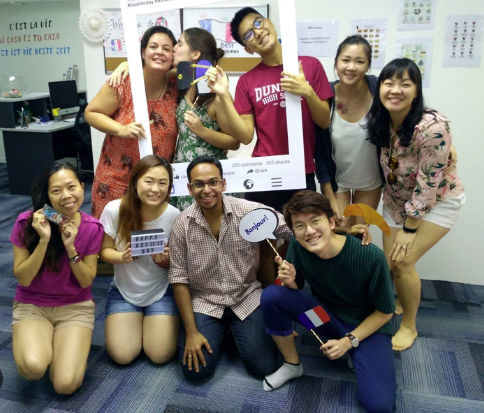Clear pronunciation is key to being understood and feeling confident in any language. Whether you’re learning a new language for travel, work, or school, improving your pronunciation can make a big difference in how effectively you communicate. Here are practical, friendly tips to help you sound more natural and fluent, no matter what language you’re learning.
1. Listen Actively
Spend time listening to native speakers through podcasts, videos, songs, and conversations. Pay attention to how words are pronounced, where the stress falls, and the rhythm of speech. Active listening helps train your ear and builds a model for your own speaking.
2. Imitate Native Speakers
Try shadowing—a technique where you repeat what you hear right after a native speaker. Choose a short sentence, play it, then pause and mimic the sound as closely as possible. This practice helps with tone, pacing, and muscle memory.
3. Record Yourself
Recording your speech lets you hear how you actually sound. Compare your recordings to native speakers and note the differences. Over time, you’ll become more aware of what to adjust and where you’re improving.
4. Focus on One Sound at a Time
Languages often have sounds that don’t exist in your native tongue. Identify which ones are tricky and work on them individually. Use online pronunciation tools or apps that break down sounds and give instant feedback.
5. Learn Phonetic Rules and Stress Patterns
Understanding how words are structured in your target language helps you pronounce them more naturally. Learn common stress rules, silent letters, and linking sounds that native speakers use.
6. Slow Down and Enunciate
When practicing, speak slowly and clearly. Trying to talk too fast can lead to sloppy pronunciation. Focus on accuracy first; fluency will follow with time and practice.
7. Use Language Apps and Tools
Many apps offer pronunciation practice with voice recognition features. These tools provide real-time feedback and help build confidence in speaking aloud.
8. Practice with Native Speakers
Engage in conversations with native speakers whenever possible. This not only improves pronunciation but also boosts listening skills and overall fluency. Language exchange platforms and conversation clubs are great resources.
9. Be Patient and Keep Practicing
Improving pronunciation takes time. Celebrate small wins, stay consistent, and don’t be afraid to make mistakes. Every conversation is a step forward.
Final Thought
Better pronunciation makes your communication clearer and more engaging. With patience, active listening, and daily practice, you can speak with greater confidence and connect more meaningfully in any language.














